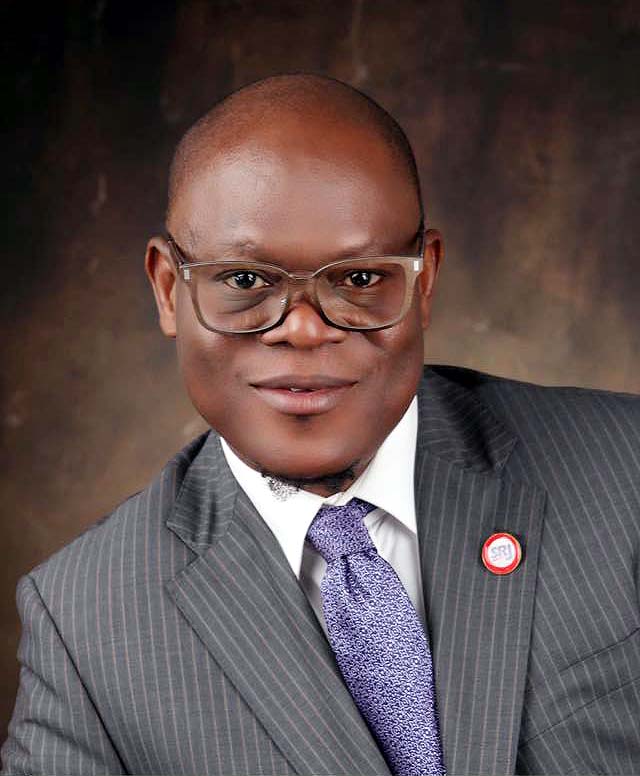Agitation for Nigerians living outside their homeland to be allowed to participate at the country’s elections has suffered a setback. Nigerian legislators on Friday (14 February) dismissed the agitation because the country is not ready for diaspora voting.
The Senate, during a debate on the issue, said certain conditions had to be met before Nigeria could allow its citizens living abroad to vote at elections from their places of residence.
President Muhammadu Buhari had on Tuesday in Addis Ababa, Ethiopia, said he was not against diaspora Nigerians voting at elections. He made the comment during a meeting with representatives of the Nigerian Community in the country, adding that it was up to the National Assembly to make the enabling law.
The Senators said the current state of telecommunications infrastructure in the country was not conducive for electronic voting as only such a remote system would enable Nigerians living in far-flung places across the globe to vote at elections.
Several Nigerian diaspora organisations, including Nigeria Diaspora Voting Council, have been making the call for diaspora enfranchisement, but the complexities involved are mammoth, a couple of which the Chairman, Senate Committee on Diaspora Affairs, Senator Ajibola Basiru, mentioned in an exclusive interview with Sunday PUNCH of 16 February.
“We also have to determine who constitute the diaspora. Are they only Nigerians in Europe, America and Asia or are we also going to recognise Nigerians who are living in the African countries?” he asked.

“There are speculations that the population of Nigerians in Sudan, Niger and Chad alone runs into millions. We also have Nigerians residing in other African countries. So, will all those millions of Nigerians there be allowed to vote under the diaspora voting?”
“Another issue to determine is that, is it only those who genuinely emigrate and legitimately live in those country that would be regarded as diaspora? Are we talking about the documented and non-documented Nigerians that are living abroad?” Senator Basiru queried.
“Now, .. in which of the elections would the Nigerians in diaspora vote? For instance, we talk about the local government election. Will the Diasporans vote in such elections? How are we going to determine the local governments they are voting for?
“Will they also vote in the national and state assembly elections? How are we going to determine the constituencies or the lawmakers they are voting for? Is there any machinery in place to determine that? The answer is No!
“So, it is not just enough to say we are legislating on diaspora voting but we have to find a way to address the serious issues that could hinder the process before coming up with any legislation that would give it a legal backing.”

Basiru noted, in the interview with Sunday PUNCH, that the National Assembly and particularly his committee was willing to come up with laws that would enable diaspora voting but that all the issues raised must be critically looked into to avoid negative consequences.
The newspaper also reported that the Independent National Electoral Commission (INEC) had ruled out diaspora voting in the 2023 general election, saying it did not have constitutional backing.
Meanwhile, a lobby group called Nigeria Diaspora Voting Council will hold a workshop in Abuja on Monday (17 February). Invited to the event, at which the case for diaspora voting will be made, are Vice-President Yemi Osinbajo, the President of the Senate, Ahmed Lawan, and the Speaker of the House of Representatives, Femi Gbajabiamila. Others expected at the Nigeria Diaspora Voting Stakeholders Workshop, according o tits organisers, are Governor Kayode Fayemi of Ekiti State, Abike Dabiri-Erewa, Executive Chairman of the Nigerian Diaspora Commission, and senior officials of INEC.
Kola Tella
 THE AFRICAN COURIER. Reporting Africa and its Diaspora! The African Courier is an international magazine published in Germany to report on Africa and the Diaspora African experience. The first issue of the bimonthly magazine appeared on the newsstands on 15 February 1998. The African Courier is a communication forum for European-African political, economic and cultural exchanges, and a voice for Africa in Europe.
THE AFRICAN COURIER. Reporting Africa and its Diaspora! The African Courier is an international magazine published in Germany to report on Africa and the Diaspora African experience. The first issue of the bimonthly magazine appeared on the newsstands on 15 February 1998. The African Courier is a communication forum for European-African political, economic and cultural exchanges, and a voice for Africa in Europe.





























